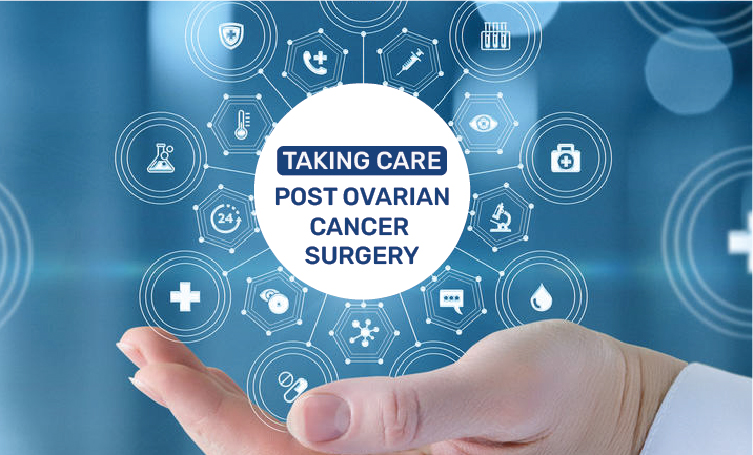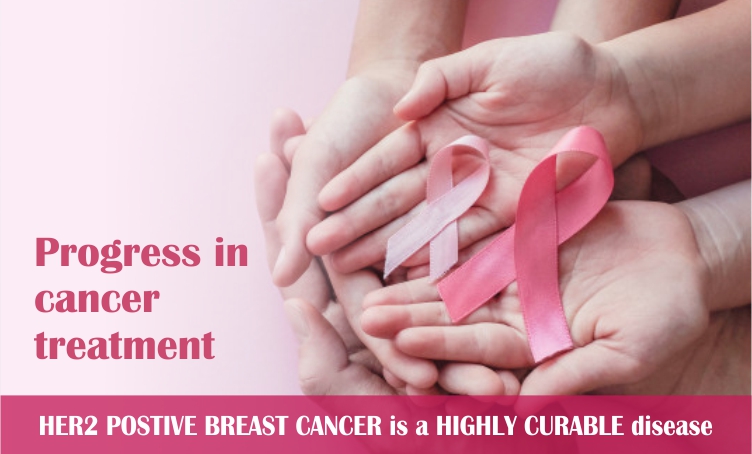
The doctor patient relationship is still alive
In these past few years, the media has reported so many incidents where patient’s relatives have become violent and manhandled doctors and nurses. This has caused a lot of fear in the medical community. So much so, that doctors at AIMS went on strike a few years ago, following such an incident.
Pune is no exception and incidents take place at both public and at private hospitals. It usually follows an untimely death of a loved one which fuels anger towards the treating doctors and staff for not being able to save the patient. Equipment gets broken, furniture is smashed and doctors and nurses have been physically attacked and injured, sometimes gravely.
I have often wondered why so many incidents have been reported of late, and who is really at fault. We live in a time where instant gratification is greatly sought after. Everyone wants results and quickly. Expectations are extremely high from any skilled doctor or hospital, and failure to save or cure the patient is not tolerated. Our society as a whole, is more impatient and quick to anger. So is the doctor patient relationship really dead?
I have practiced as an Oncologist for 27 years now. It has been an extremely rewarding period, and has brought me great happiness and fulfillment, to treat and sometimes cure cancer patients. In these 27 years, I can recount perhaps a handful of experiences where the relatives of patients who have died have been angry. None have turned violent. You may say it’s because everyone expects a bad outcome with cancer. Not so. We as humans are eternally hopeful and when faced with a critical disease remain optimistic. No matter how many times I sit and explain to patients, and their relatives that in some cases the disease cannot be cured and only controlled for some time, they always expect a miracle is around the corner. “He will be alright after this, no doctor?”. This occurs in spite of an hour of explaining the consequences clearly.
The key is to communicate one to one, patiently and with sensitivity. Build a rapport. Cancer treatment allows the doctor to do that. There are several meetings between the oncologist and patient even before the treatment starts. Explain clearly without giving false hope. Use scientific language when needed. Try and gauge the patients and the family’s expectations. Patients are usually terrified when they come to you. Sometimes it’s the oncologist’s job to break bad news. I do it a bit at a time. It’s easier for the patient to accept.
Cancer patients are under the oncologists treatment for a long time. I have had patients with metastatic disease (disease which has spread to other parts of the body) under my care for many years. They visit every 3 or 4 months. Then there are those who are cured but come for a routine checkup. Each situation is handled differently.
Recently I lost 2 lovely women to breast cancer. I had treated one for 7 years and the other for 6 years. It was a difficult time for the families. Yet each family thanked me after their patient died. 90% of the time when one of my patients die, I receive a message informing me and then thanking me. This is heartwarming.
There have also been incidents where even after their loved one has died of cancer, relatives hear of another cancer patient and bring them to me. Just yesterday I met a daughter of a lady with breast cancer. The person, who recommended me, was another patient’s daughter. This patient had died of advanced breast cancer under my care 3 years ago. As long as you have done your best by the patient, people remember and appreciate that.
It doesn’t matter how senior a consultant you are. It doesn’t matter how famous a doctor you are. What really matters is how you connected with the last patient you saw. Whether you were able to give your best, in terms of treatment and advice and of course time.
So is the doctor patient relationship still alive? I think so. If doctors can just show they really care about the patient and do their best – that is all that counts. On the patients side some understanding of the disease, and not having unreal expectations from their treating doctor is important. After all doctors are only human.
Share these post on :


